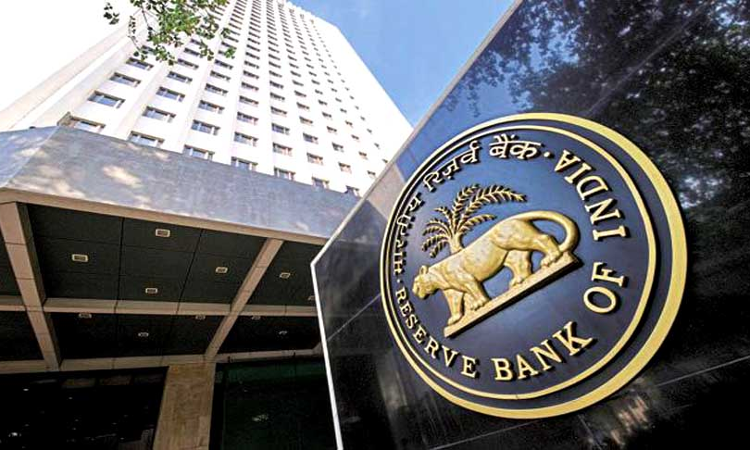In an Affidavit filed in a plea by Rajya Sabha MP from Communist Party of India, Binoy Viswam, the RBI has submitted that the responsibility to ensure that companies like Amazon, Google and WhatsApp to operate in compliance with laws governing Unified Payments Interface (UPI) lies with National Payments Corporation of India (NPCI), and not RBI. The plea in the instant matter seeks...

